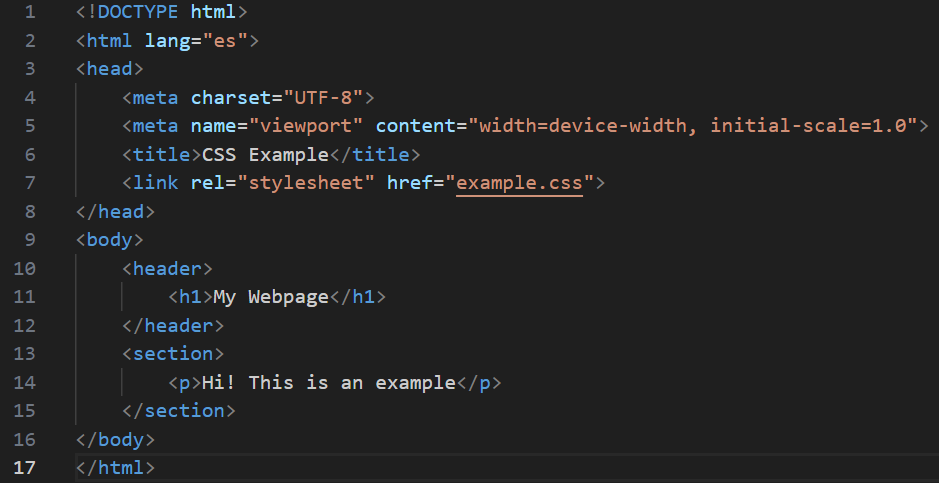

For Companies
For AI Labs
For Developers
Use Cases
Customer Stories
Get added peace of mind with Revelo’s risk-free trial. If you’re not satisfied with your hire within the first 14 days: You pay nothing, and we’ll find you a new candidate at no additional cost.










Sabrina R.
Experience
8 years
AVAILABILITY
Full-time

Nelly G.
Experience
10 years
AVAILABILITY
Full-time

Sergio R.
Experience
8 years
AVAILABILITY
Full-time

Jorge R.
Experience
8 years
AVAILABILITY
Full-time

Beatriz D.
Experience
6 years
AVAILABILITY
Full-time
Rigorously vetted for technical and soft skills. Expertly hand-picked for your needs
Work synchronously with developers in the same or overlapping US time zones
Get shortlists within 3 days and hire in as fast as 2 weeks
Go further and reduce the overhead of sourcing, hiring, and talent management
Facebook API | Instagram API | YouTube API | Spotify API | Apple Music API | Google API | Jira REST API | GitHub API | SoundCloud API
Amazon Web Services (AWS) | Google Cloud Platform (GCP) | Linux | Docker | Heroku | Firebase | Digital Ocean | Oracle | Kubernetes | Dapr | Azure | AWS Lambda | Redux
MongoDB | PostgreSQL | MySQL | Redis | SQLite | MariaDB | Microsoft SQL Server
CSS (Cascading Style Sheets) developers play a vital role in web development, focusing on styling and layout to create visually appealing and user-friendly websites. As the demand for seamless user experiences (UX) continues to rise, hiring CSS developers becomes increasingly critical. Their expertise in crafting responsive and aesthetically pleasing web designs is instrumental in attracting and retaining users, ultimately contributing to a company's online success.
Businesses today recognize the importance of CSS developers in ensuring their websites are both functional and captivating. However, finding the right hire is challenging, especially in highly saturated markets. Additionally, CSS developers need a strong eye for design, responsive design expertise, and an understanding of cross-browser compatibility—much more than just coding ability.
CSS development is front-end development that focuses on creating the graphic user interface of a website or app. Web developers use CSS to create user-friendly and visually striking websites or applications. They also use it to test, refine, and update websites and applications—including visual design elements like colors, fonts, spacing, and images. They also use CSS to build responsive websites that adjust to different screen sizes and dynamic user interfaces that respond to user interactions.
A well-designed website with efficient CSS often significantly enhances UX, boosts customer engagement, and improves brand perception. This competitive advantage is vital in today's landscape where user interface and experience directly impact customer satisfaction and conversion rates. Common examples of projects that use CSS include:

Build your remote software engineering team in any tech stack. Our talent pool of senior software developers are pre-screened across 100+ skills.
Looking for work? Apply here
Yes, if for any reason you find the developer you hire isn't a good fit within the first 14 days - you pay nothing or we can find you a replacement at no additional cost.
Hiring a full-time developer through Revelo is a simple 3-step process. First, you tell us your hiring needs. Second, we match you to the best developers within 3 days. Third, you interview the candidates you like and hire the one you like most.